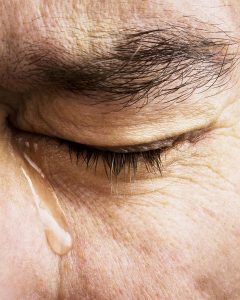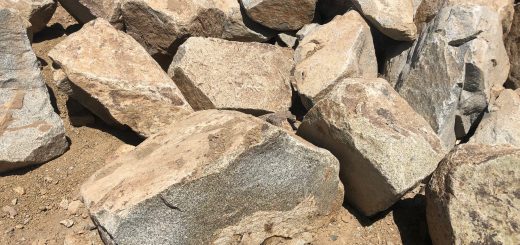Parshas Beha’aloscha – The Pain of Exquisite Empathy

Suspecting someone who isn’t deserving of suspicion is reason for punishment, says the Talmud (Shabbos, 97a), citing the account at the end of the parsha, where Aharon and Miriam speak negatively about their brother, Moshe Rabbeinu.
Interestingly, though, the text of the Torah only relates Miriam’s punishment, her affliction with the skin disease tzara’as, and not Aharon’s:
“The cloud had departed from atop the Tent and behold, Miriam had tzara’as [white] as snow. Aharon turned to Miriam and behold, she had tzara’as” [Bamidbar 12:10].
While Rabi Akiva (in the Gemara cited above) asserts that Aharon, too, was afflicted with tzara’as, Rabi Yehudah ben Beseira disagrees. But he offers no reason for why Aharon, who also was part of the misdeed, would have been spared punishment.
What occurs is that Aharon was indeed punished, though not with his own tzara’as. His punishment was seeing his sister afflicted. Read the quote from the Torah above again. Is there a reason why we need to be told that Aharon “turned to Miriam” and saw her disease?
Perhaps there is indeed, because that was Aharon’s punishment. He was the exemplar of kindness, the “lover of peace and pursuer of peace (Avos, 1:12),” a man who was pained by strife, a man of exquisite empathy.
Thus, Miriam’s pain and shame, when Aharon witnessed it, became his pain and shame.
© 2021 Rabbi Avi Shafran
To read my column in last week’s Ami Magazine, “Galus and Gastronomy,” please click here.




Recent Comments